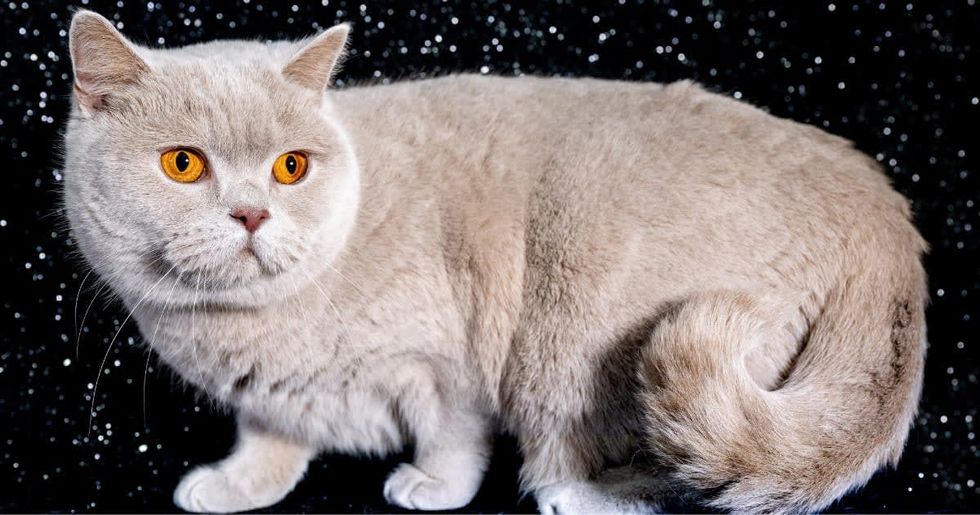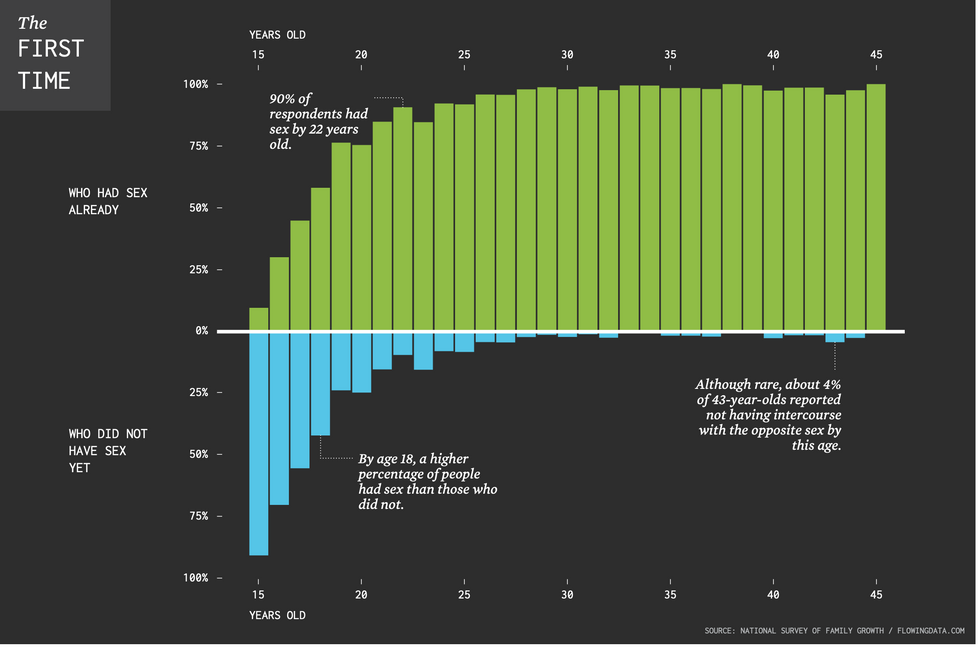Cats are incredibly popular pets all around the globe. Interestingly enough, there's been some talk about a connection between cats and schizophrenia. A recent study in the Schizophrenia Bulletin from Oxford Academic found that cats might actually influence schizophrenia symptoms in the people who care for them.

Australian researchers analyzed 17 studies published during the last 44 years and found a link between owning a cat and developing disorders related to schizophrenia, according to Indy100. Researchers from the Queensland Centre for Mental Health Research, in their study published last December, said, "We found an association between broadly defined cat ownership and increased odds of developing schizophrenia-related disorders." The origins of this investigation date back to a 1995 study that shed light on the exposure to a parasite called Toxoplasma gondii —suggested as the cause.

In some studies, it has been found that during childhood cats could make a person more likely to develop schizophrenia, but not all studies have seconded this. Other studies linked cat exposure to high scores on scales that measure traits related to schizophrenia. But, again, other studies didn't show such a connection.

So, to better understand, researchers reviewed and analyzed all the research on cats and schizophrenia. The parasite, T. gondii, can be transmitted through a bite or the feces of an infected cat. People can get infected without symptoms, but research found more strange effects the infection may have. If it enters the body, T. gondii can infiltrate the central nervous system and influence neurotransmitters. The parasite has been linked to personality changes and some neurological disorders, including schizophrenia.
All in all, 17 studies found "a significant positive association between broadly defined cat ownership and an increased risk of schizophrenia-related disorders." The research team has elaborated, "After adjusting for covariates, we found that individuals exposed to cats had approximately twice the odds of developing schizophrenia." According to the report, past studies have found mysterious ties between having a cat and possibly developing symptoms of schizophrenia down the line. Therefore, the possibility of getting infected can't be ruled out.
The studies, however, did have their shortcomings, as some of the information wasn't conclusive enough to give a definitive answer. According to the journal, the report's findings remain complete, and the statement reads, "There is a need for more high-quality studies in this field."

















 A symbol for organ donation.Image via
A symbol for organ donation.Image via  A line of people.Image via
A line of people.Image via  "You get a second chance."
"You get a second chance." 


 36 is the magic number.
36 is the magic number. According to one respondendant things "feel more in place".
According to one respondendant things "feel more in place". 
 Some plastic containers.Representational Image Source: Pexels I Photo by Nataliya Vaitkevich
Some plastic containers.Representational Image Source: Pexels I Photo by Nataliya Vaitkevich Man with a plastic container.Representative Image Source: Pexels | Kampus Production
Man with a plastic container.Representative Image Source: Pexels | Kampus Production
 Photo by
Photo by 
 Canva
Canva It's easy to let little things go undone. Canva
It's easy to let little things go undone. Canva
 Teens are waiting longer than at any point in the survey’s history. Canva
Teens are waiting longer than at any point in the survey’s history. Canva Chart on the age of a person’s first time having sex.National Survey of Family Growth/flowing data.com | Chart on the age of a person’s first time having sex.
Chart on the age of a person’s first time having sex.National Survey of Family Growth/flowing data.com | Chart on the age of a person’s first time having sex.